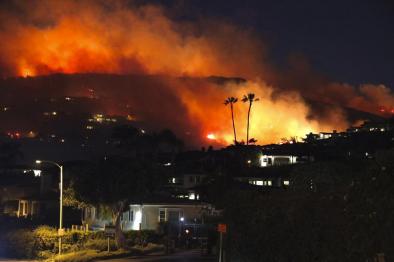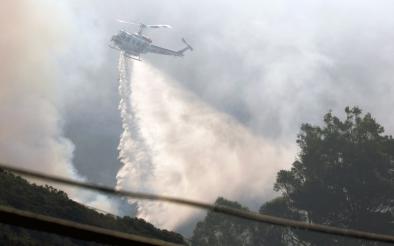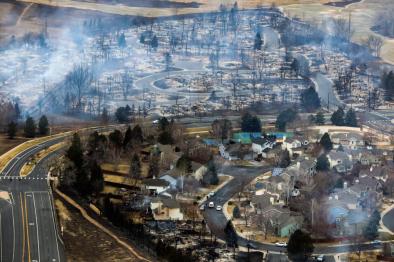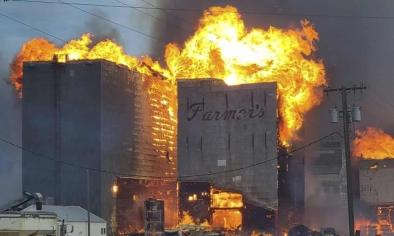Winter sets records across US as sixth warmest
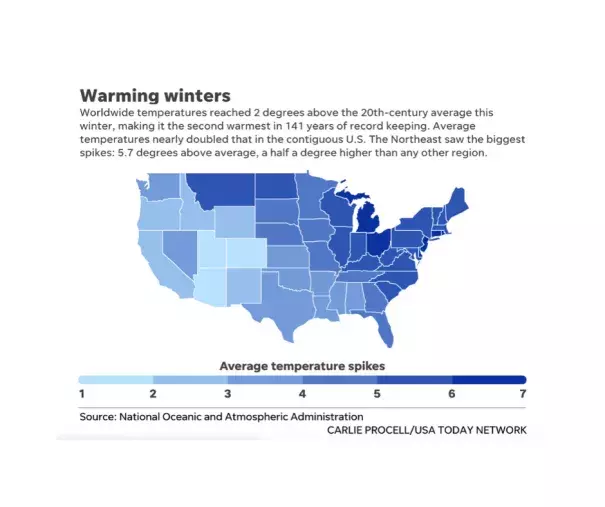
Climate Signals Summary: Climate change is increasing temperatures in all seasons, leading to shorter and warmer winters.
Article Excerpt: During most years, winter is literally freezing in Allentown, Pennsylvania, where visitors flock to nearby ski resorts.
But not this season.
Average temperatures in the city reached 36.8 degrees from December through February – 6.6 degrees above normal and good for the warmest winter on record.
...
Worldwide temperatures were more than 2 degrees above the 20th century average this winter, making it the second warmest in 141 years of record keeping, according to the National Oceanic and Atmospheric Administration. Only the winter of 2015-16 was warmer.
The contiguous U.S., excluding Alaska and Hawaii, was 3.8 degrees above normal this year, the sixth-warmest winter since reliable records were first kept in 1895. The 11 states in the Northeast, from Maine to Maryland, saw temperatures elevated 5.7 degrees above average, more than any other region by half a degree.
...
While warmer winters may appeal to some, scientists see warnings of what may come. Analyses like those performed by the U.S. Environmental Protection Agency have estimated that if global warming trends continue, by century’s end the U.S. will face hundreds of billions of dollars in annual costs and tens of thousands of deaths due to increased flooding, heat-related deaths and illness, respiratory ailments brought on by worsening air pollution, and other impacts.
NOAA concluded that this winter’s unusually warm temperatures bore the signature of climate change. It notes the close of meteorological winter in February “marked the warm end to one of the most unusually warm months and winters on record for the globe.”
Count Michael Mann, a climatologist at Pennsylvania State University who has been studying climate change in Australia, among the climate scientists who said the role of global climate change cannot be ignored in the unusually mild winter.
“We simply would not be seeing the unprecedented warmth we’re seeing now, whether down here in Australia where we’ve just had the hottest, driest summer on record, or the northern hemisphere, which by and large missed out on winter entirely this year, if not for the warming of the planet,” Mann said.
That rings true to Jessica Spaccio, a climatologist at the Northeast Regional Climate Center at Cornell University in New York. Spaccio said the U.S. may have been in store for a warmer winter regardless of climate change, but the global dynamic only added to the effect.
“We live in a warming world, so climate change is at least an underlying factor,” Spaccio said. “Without global warming, it may still have been a warmer-than-normal winter, but it wouldn’t have been as warm as it was.”
...
Birkel [state climatologist at the University of Maine] also noted that a northern air pattern called the Arctic Oscillation was in an “extreme” phase this year, “reflecting a very strong polar vortex that kept cold air in high latitudes for most of the season.” That helped explain this year’s warm temperatures at lower latitudes, including the U.S., as well as record or near-record warmth felt across much of Europe and Siberia, Birkel said.
Climate scientists are unsure how the Arctic Oscillation could be changing in a warming world, as long-standing climate boundaries shift.
But regardless of the role of the Arctic Oscillation, NOAA concluded that this year’s warm winter presents a cause for greater concern. While the winter of 2016 was the warmest on record, scientists attributed that to a very strong “El Niño,” when conditions in the Pacific Ocean dramatically increase global temperatures.
El Niño is absent in the Pacific this year, making this the warmest non-El Niño winter in history. That points to another culprit.
It’s a “testament to the warming trend our planet is going through thanks to human-caused climate change,” NOAA warned.
Related Content
